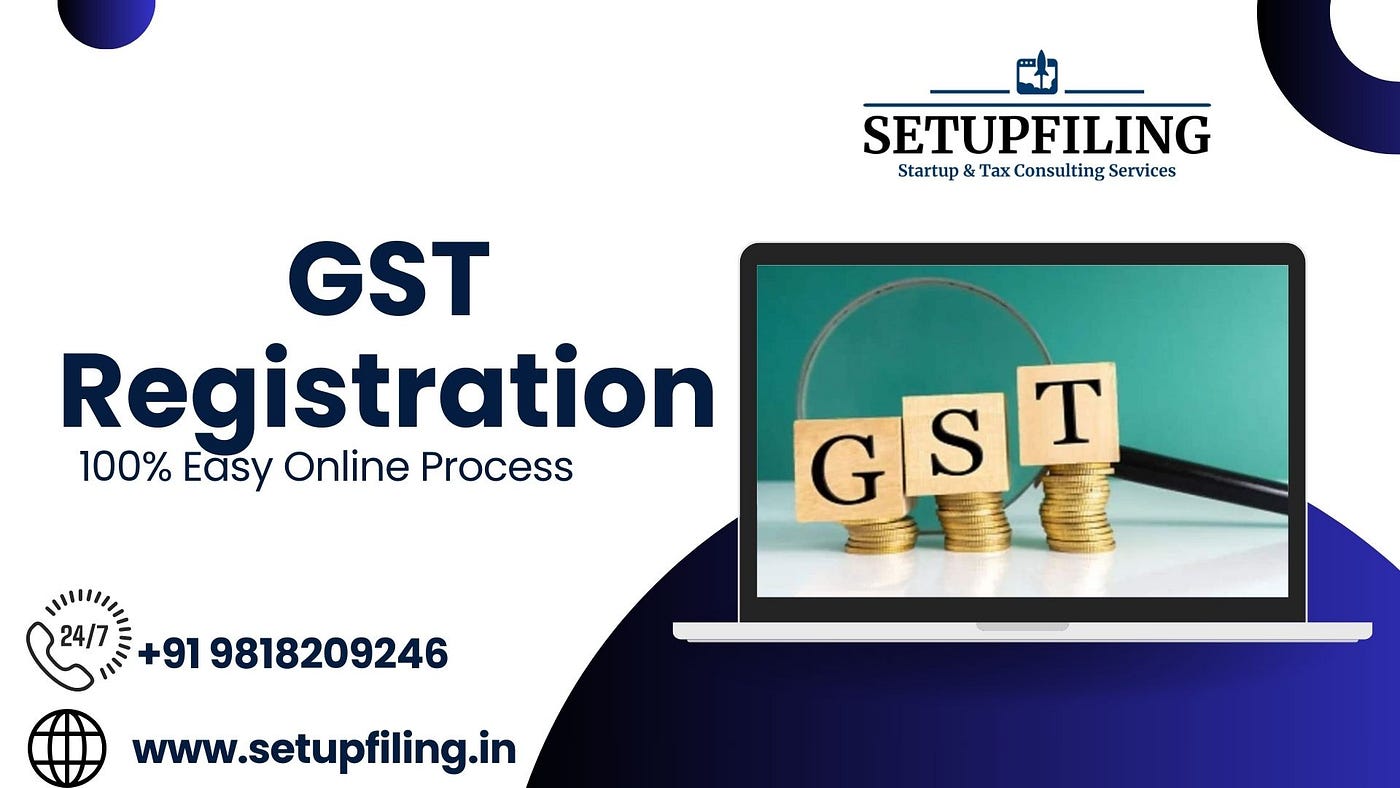The Ultimate Overview to Simplifying the GST Enrollment Process and Demands for Local Business Owners

Comprehending GST Essentials
To comprehend the basics of the Item and Solutions Tax Obligation (GST) system, local business owners should initially comprehend its underlying implications and principles. GST is a value-added tax obligation imposed on a lot of products and services for domestic usage. It aims to streamline the taxation procedure by changing multiple indirect tax obligations enforced by the state and main governments. Under the GST program, businesses are required to gather and register tax in support of the federal government, making sure transparency and compliance.
Among the essential concepts of GST is input tax credit score, which enables businesses to assert credit history for taxes paid on their acquisitions. This system avoids the plunging impact of tax obligations and promotes performance in the tax system. In addition, GST is a destination-based tax, indicating that the tax is imposed at the factor of usage as opposed to the point of origin. This ensures fair circulation of tax profits amongst states based on where the services or goods are taken in. Comprehending these fundamental concepts is important for small company owners to browse the intricacies of the GST system and guarantee conformity with the regulation.
Eligibility Requirements for Enrollment
Having actually developed a fundamental understanding of GST principles, local business proprietors must now meet particular eligibility criteria to continue with the registration procedure. In India, entities involved in the supply of goods or services with an annual accumulation turn over exceeding Rs. 40 lakhs (Rs. 10 lakhs for special group states) are needed to sign up for GST. Furthermore, particular organizations such as those entailed in inter-state supply of items, informal taxed persons, and those required to pay tax obligation under the reverse fee device need to sign up for GST irrespective of their turnover. Companies that were registered under the previous tax obligation routine (VAT, solution tax obligation, and so on) are additionally mandated to sign up under GST. Agricultural companies that just provide produce out of key production are excluded from GST registration. It is important for company owner to meticulously examine their eligibility based upon these criteria to make certain compliance with the legislation and stay clear of any fines for non-compliance.
Records Required for GST Registration

Simplified Enrollment Process Steps
Complying with the collection and confirmation of the requisite files, the registration procedure for GST can be browsed via a collection of simplified steps created to facilitate effective compliance for little service proprietors. Upon effective confirmation, an Application Reference Number (ARN) is released, suggesting the completion of the GST registration process. By following these simplified actions, tiny company proprietors can efficiently register for GST and make certain conformity with tax regulations.
Tips for Ensuring Compliance
To maintain regulatory adherence and functional honesty, thorough oversight and aggressive procedures are critical in making sure compliance with read GST requirements for local business owners. Tiny organization proprietors need to stay upgraded with GST guidelines, filing deadlines, and any kind of modifications in tax prices to stay clear of charges and maintain an excellent standing with tax authorities. One important tip more tips here for conformity is to keep thorough and precise records of all deals, including invoices, costs, and billings associated with GST. Consistently resolving financial records with GST returns can aid in determining and fixing any type of disparities quickly. Additionally, carrying out periodic interior audits or looking for professional support can make certain that business is adhering to all GST rules properly. It is additionally important for small company owners to purchase GST-compliant accounting software program that can streamline the tax declaring procedure and minimize errors. Going to GST awareness workshops or training programs can improve understanding and compliance with GST guidelines, eventually benefiting the company in the lengthy run.
Conclusion
Finally, local business proprietors must understand the basics of GST, meet the eligibility requirements, gather necessary documents, and comply with the simplified registration procedure actions to make certain conformity. By streamlining the GST registration procedure and needs, local business proprietors can stay clear of charges and run their organizations efficiently within the lawful structure - Singapore GST Registration. official website It is essential for small company owners to remain educated and compliant with GST guidelines to preserve an effective company operation
Tiny organization proprietors looking for GST enrollment have to guarantee they collect and send the needed papers to complete the registration procedure effectively. The papers needed for GST registration typically consist of evidence of business registration or unification, FRYING PAN (Irreversible Account Number) card of the service address, entity and identity evidence of the promoters/partners/directors, photographs, address proof of the area of company, bank account declarations or terminated cheques, and authorization types. Attending GST recognition workshops or training programs can boost understanding and conformity with GST guidelines, ultimately profiting the company in the lengthy run.
By streamlining the GST registration process and requirements, small organization owners can avoid fines and operate their companies smoothly within the lawful framework. It is critical for little service owners to remain enlightened and compliant with GST regulations to preserve an effective organization operation.